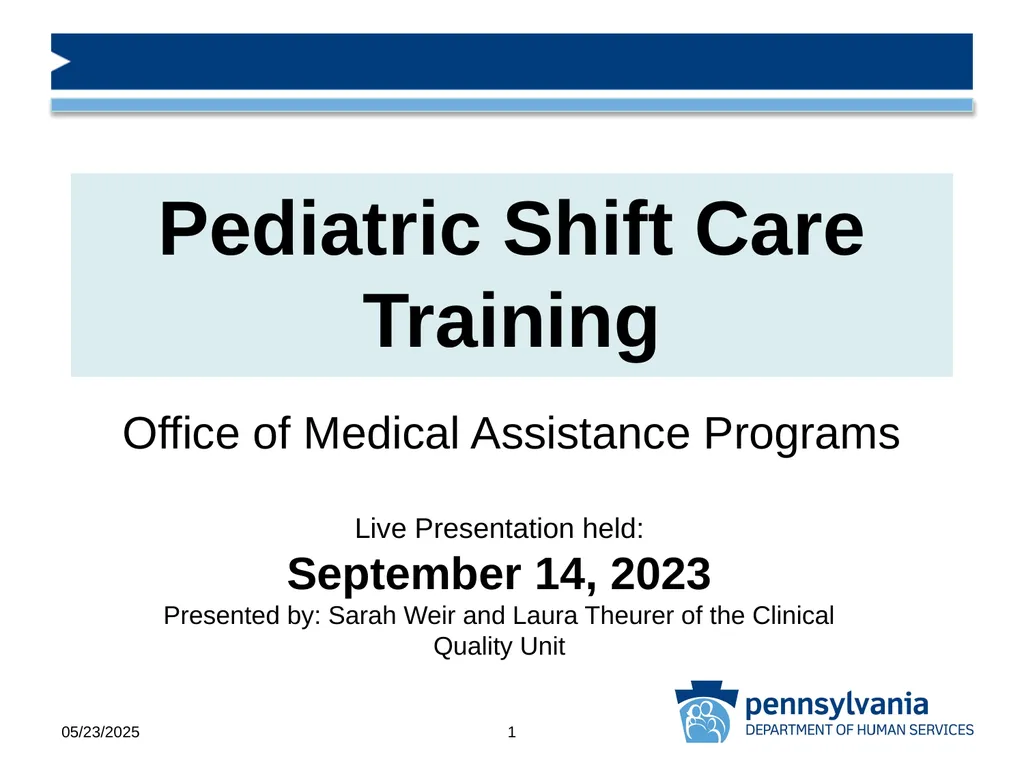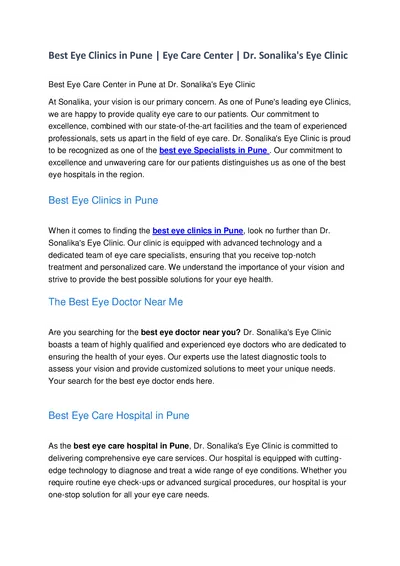
Author : natalia-silvester | Published Date : 2025-05-23
Description: Pediatric Shift Care Training Office of Medical Assistance Programs 1112024 1 Live Presentation held: September 14, 2023 Presented by: Sarah Weir and Laura Theurer of the Clinical Quality Unit DISCLAIMER While these are currentDownload Presentation The PPT/PDF document "" is the property of its rightful owner. Permission is granted to download and print the materials on this website for personal, non-commercial use only, and to display it on your personal computer provided you do not modify the materials and that you retain all copyright notices contained in the materials. By downloading content from our website, you accept the terms of this agreement.
Here is the link to download the presentation.
"Pediatric Shift Care Training Office of Medical"The content belongs to its owner. You may download and print it for personal use, without modification, and keep all copyright notices. By downloading, you agree to these terms.













